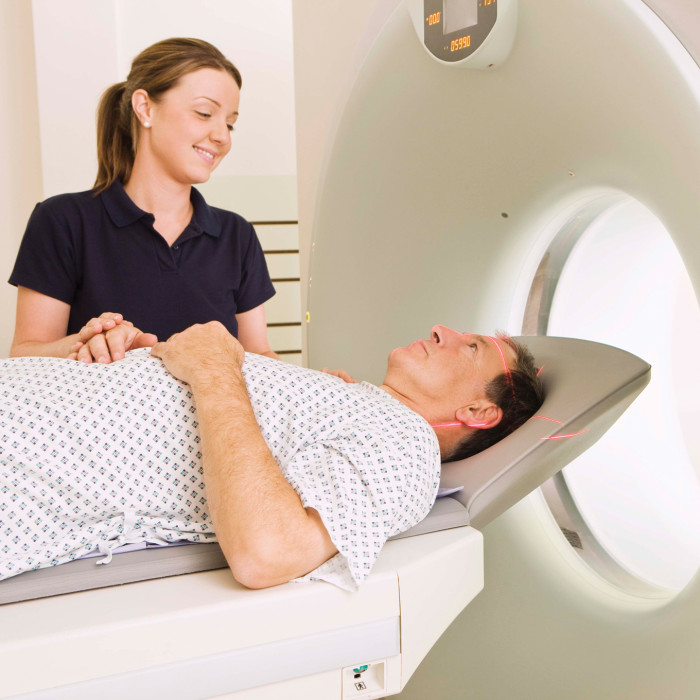The acronym “TMI” stands for “too much information,” a term used to describe parents discussing their sexual behavior, a well-meaning neighbor detailing his recent bout of hemorrhoids, or a chatty elevator companion describing that “fuzzy stuff” growing on her toe.
While a little TMI during a casual run in with an acquaintance is a pretty benign occurrence, it turns out too much health information can actually be harmful.
Chatham Mazda from Chatham Voice on Vimeo.
That statement seems counterintuitive. Isn’t more information always better? As it turns out, when it comes to your biological data, no.
Dr. H Gilbert Welch, a well-known academic and expert on medical testing, argues that often the over collection of medical data and subsequent over-treatment can cause harm. Many health-care practitioners share Dr. Welch’s view, and it’s why they avoid ordering unnecessary diagnostics, and are careful not to over-test and over-treat.
To be clear, medical testing and diagnostics are crucial in many medical circumstances, but when used improperly can cause harm. The risk of over-testing and over-treatment is complex, and can require both the ability and appetite to delve into statistics to understand the cost-benefit analysis.
Put in very basic terms, the benefit of uncovering a meaningful test result that leads to effective treatment and improved outcomes must outweigh the risks associated with invasive treatment that results from either inaccurate test results or conditions that if left untreated would remain harmless.
Unfortunately the science isn’t always crystal clear, and with many tests and treatments the jury is still out. While recent studies confirm the benefit of regular screening for colorectal cancer in the general population and for lung cancer in smokers, the results for prostate cancer remain unclear and controversial at best. In many cases we may be causing more harm than good.
Fortunately there is a lot of good epidemiological work going on in this area, and slowly both guidelines and practitioners are changing to reflect what we are learning about over-testing and over-treatment.
If you do choose to find out more about your biological stats, collect more data, and increase your collected health information, be sure to discuss the outcomes with your health-care practitioner. Inquire about the validity of the test, what the results can mean, and ask about both the benefits and risks to testing.
And remember, no tests are required to start making healthy lifestyle changes. There is no substitute for healthy eating, good sleep, and adequate exercise.







